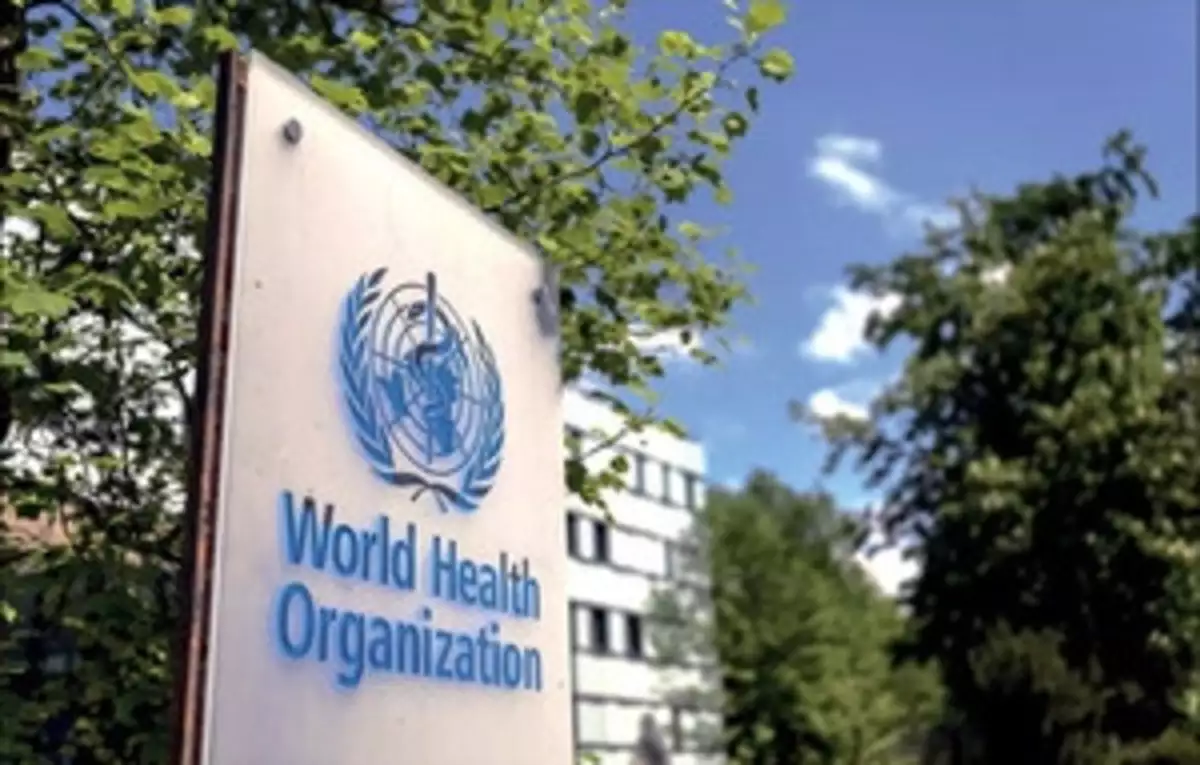New Delhi, 03 June 2025: The World Health Organization (WHO) released a groundbreaking position paper introducing two new tools to protect infants from Respiratory Syncytial Virus (RSV): a maternal vaccine and a monoclonal antibody injection. These advancements offer hope to families worldwide, especially in low- and middle-income countries where RSV mortality rates are high.
What Is RSV and Why Is It Dangerous for Babies?
Respiratory Syncytial Virus (RSV) is a common virus that affects the lungs and respiratory tract. While it usually causes mild, cold-like symptoms in older children and adults, RSV can be severe and even fatal for infants, particularly those under six months of age.
Key Facts About RSV:
RSV is seasonal, typically peaking during colder months in most regions.
RSV is the leading cause of hospitalization in babies under 1 year of age.
It can cause serious complications such as bronchiolitis and pneumonia.
It spreads easily through coughs, sneezes, and contaminated surfaces.
The Two-Pronged Approach to RSV Prevention
1. Maternal Vaccination: Abrysvo
Pfizer’s Abrysvo is a bivalent RSV vaccine approved for use during pregnancy. Administered between 32 and 36 weeks of gestation, it helps protect newborns from severe RSV illness by transferring antibodies from mother to baby. Clinical studies have shown that Abrysvo reduces the risk of RSV-related hospitalization in infants by 57% during the first six months after birth.
2. Monoclonal Antibody Injection: Nirsevimab (Beyfortus)
Nirsevimab, marketed as Beyfortus, is a monoclonal antibody designed to provide immediate protection against RSV. A single intramuscular dose is recommended for:
- All infants under 8 months of age entering their first RSV season.
- Children aged 8 to 19 months at high risk for severe RSV disease, such as those with chronic lung disease or congenital heart conditions.
Nirsevimab has been shown to reduce the risk of medically attended RSV lower respiratory tract infections by approximately 70% in preterm infants and 75% in term and late preterm infants.
Eligibility and Timing for Immunization
- Maternal Vaccine (Abrysvo): Pregnant individuals between 32 and 36 weeks gestation during RSV season.
- Nirsevimab (Beyfortus): Infants under 8 months of age entering their first RSV season, and certain high-risk children aged 8 to 19 months.
It’s important to note that most infants will require protection from either the maternal vaccine or the monoclonal antibody, but not both.
Safety and Side Effects
Both Abrysvo and Nirsevimab have undergone extensive clinical trials to assess their safety profiles. Common side effects for Nirsevimab include rash, fever, and injection site reactions such as redness or swelling. No major hypersensitivity reactions have been reported.
What Parents Need to Know
- Consult Healthcare Providers: Discuss with your obstetrician or pediatrician about the best preventive measure for your baby, considering factors like gestational age and health conditions.
- Timing is Crucial: Ensure vaccinations or antibody injections are administered at the recommended times to maximize effectiveness.
- Monitor for Side Effects: Be aware of potential side effects and report any concerns to your healthcare provider.
The WHO’s endorsement of the world’s first RSV vaccine for babies is a major step forward in global child health. For decades, RSV has caused hospitalizations and deaths among infants, with limited preventive options. Now, thanks to maternal immunization and monoclonal antibodies, parents have powerful tools to safeguard their babies from this serious respiratory virus.






